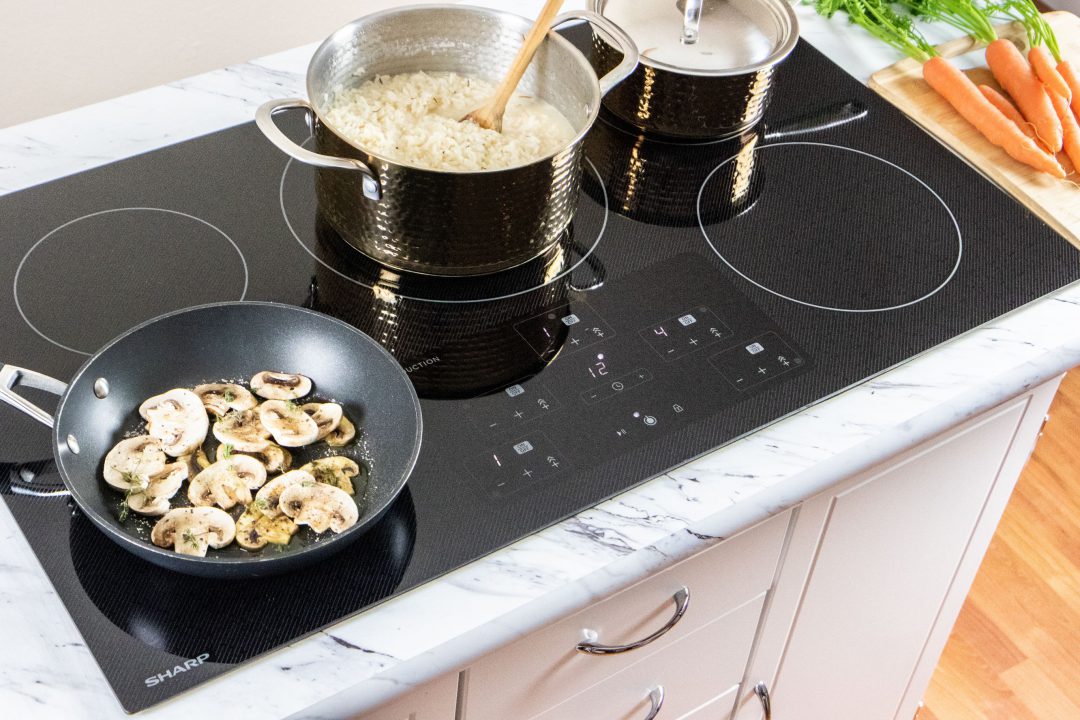Storing Seasoned Cast Iron Properly: Tips for BBQ Lovers
Written By James Morgan
Barbecue enthusiasts understand the value of a well-seasoned cast iron skillet or grill. These heavy-duty, versatile pieces of cookware not only enhance the flavors of your favorite dishes but also become more non-stick with each use. However, to maximize their longevity and performance, it's crucial to understand the art of storing-seasoned-cast-iron-properly. By doing so, you can ensure your cast iron remains in top condition for years to come.

Why Proper Storage Matters
When it comes to cast iron care, many focus on the cooking and seasoning process, often overlooking the importance of storage. Incorrect storage can lead to rust, diminished seasoning, and even damage. As a BBQ lover, the last thing you want is to ruin your prized cookware due to improper storage. Proper storage maintains the integrity of the seasoning, which is essential for both cooking and cleaning.
Preparing Your Cast Iron for Storage
Before discussing storage methods, it's essential to prepare your cast iron properly. After cooking, allow your cast iron to cool naturally. If you're unsure about how to do this effectively, check out our guide on cooling cast iron after induction. Once cooled, wash it with warm water and a soft brush or sponge. Avoid using soap as it can strip away the seasoning.
After cleaning, dry your cast iron thoroughly. This is crucial as any remaining moisture can lead to rust. To ensure it's completely dry, place it on a stovetop over low heat for a few minutes. Once dry, apply a thin layer of oil using a paper towel, ensuring the entire surface is coated. This not only protects the metal but also enhances the seasoning.
Choosing the Right Storage Environment
The environment where you store your cast iron plays a pivotal role in its longevity. Ideally, it should be a dry, cool place, away from humidity. Avoid storing your cast iron in cabinets near your stove as the heat and moisture can affect the seasoning.
Ensure the area is well-ventilated. Stagnant air can trap moisture, leading to rust. If you're storing multiple pieces of cast iron, use a paper towel or cloth between them to prevent scratching and absorb any residual moisture.
Common Mistakes and How to Avoid Them
Many barbecue enthusiasts make the mistake of stacking their cast iron without any protection, leading to scratches and damage. Always use a protective layer between pieces. Another common error is storing cast iron while it's still damp. Remember, moisture is cast iron's worst enemy.
For those who use their cast iron on an induction cooktop, it's essential to handle it with care. To learn more about using cast iron on induction cooktops, you can explore this insightful article.
Maintaining Your Cast Iron's Longevity
Regular maintenance is key to ensuring your cast iron lasts a lifetime. Regularly re-season your cast iron, especially if you notice food sticking or rust spots. For guidance on when to re-season, refer to our detailed post here.
Additionally, always be mindful of the oils you use. Some oils can go rancid, affecting the taste of your food. For a comprehensive guide on the best oils to use with cast iron, visit our article on using oils with cast iron.

FAQ
How often should I season my cast iron?
It's recommended to season your cast iron every few months or whenever you notice food starting to stick. Regular seasoning helps maintain its non-stick properties and enhances flavor.
Can I store my cast iron in the oven?
Yes, storing cast iron in the oven is a good option, especially if you have limited cabinet space. Just ensure it's dry and free of any food residue.
Is it okay to stack my cast iron cookware?
Stacking is fine as long as you place a protective layer, like a cloth or paper towel, between each piece to prevent scratches and damage.



